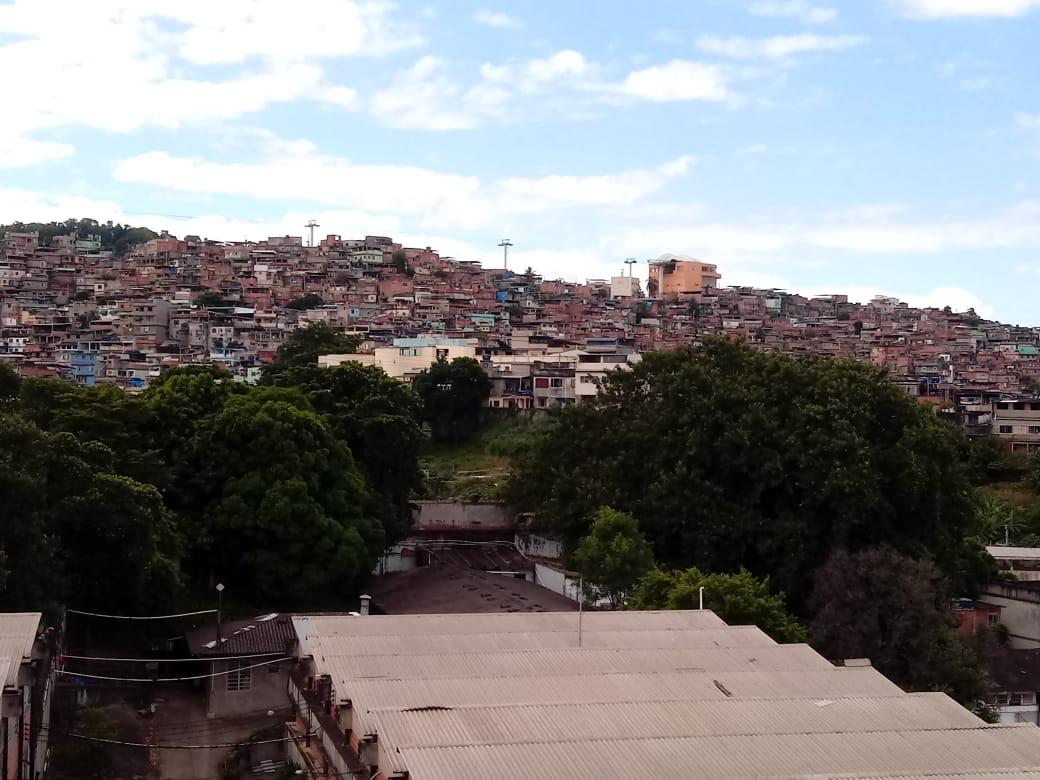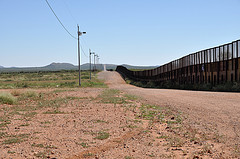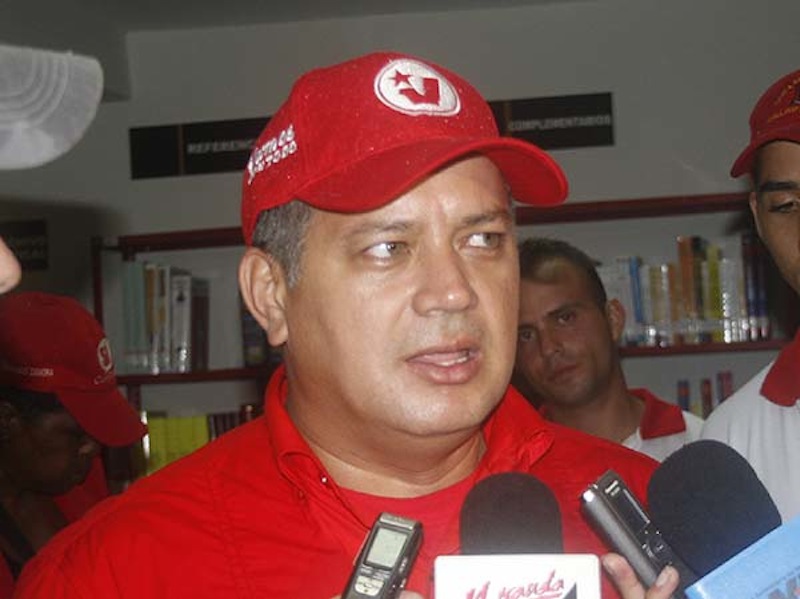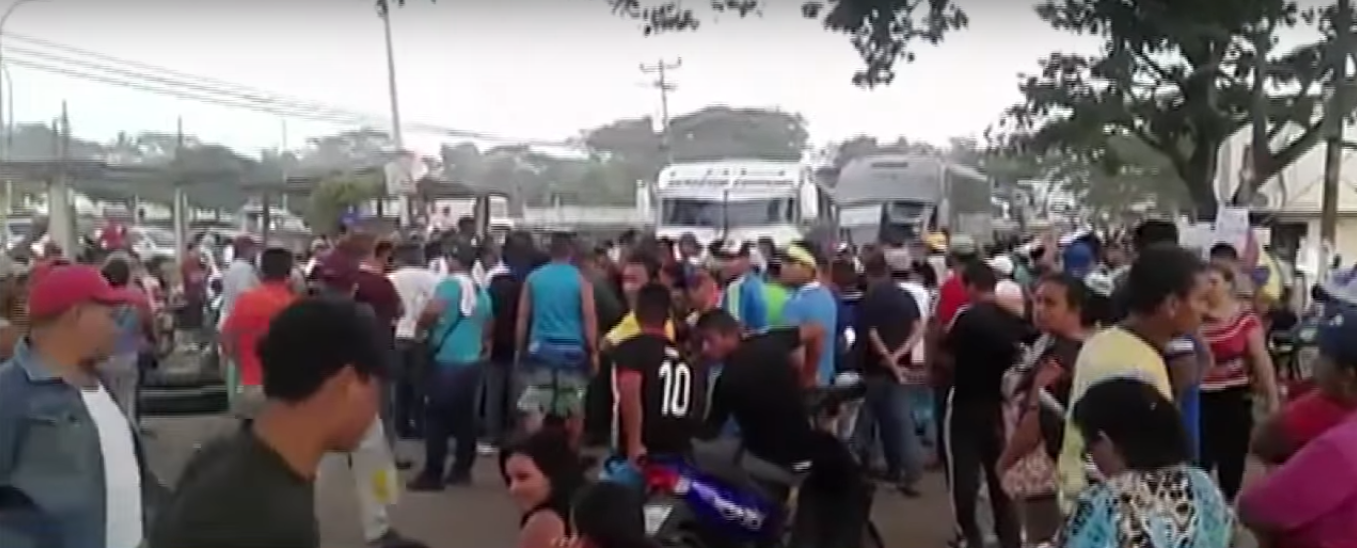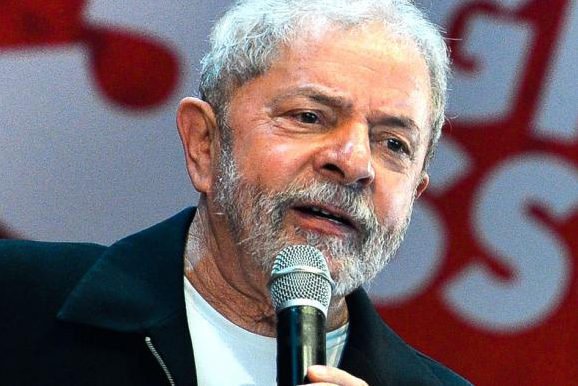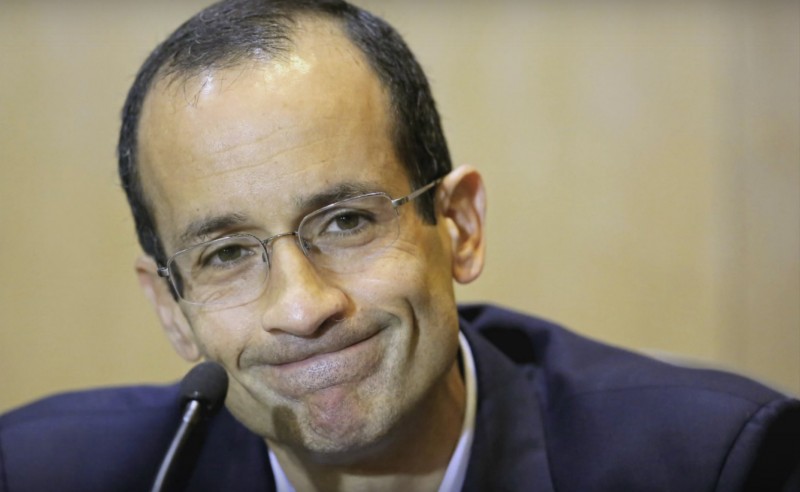
Brazil, Latin America: Week in Review, Southern Cone
Former Chief of Top Brazilian Construction Firm Sentenced to 19 Years in Corruption Case
March 9, 2016 By Staff
Top Story — A federal judge in Brazil sentenced the ex-president of Latin America’s largest construction company, Odebrecht, to 19 years and four months in prison on Tuesday for his role in the ongoing corruption scandal surrounding the state-run oil company Petrobras.
Marcelo Odebrecht was arrested last year along with directors from other construction companies being investigated for their possible involvement in the case, but is so far the most prominent executive to be convicted, in a scheme that allegedly involved payment of more than $2 billion in bribes in exchange for Petrobras contracts.
The scandal has engulfed many of Brazil’s most wealthy and powerful. On Friday, former President Luiz Inácio Lula da Silva was taken in for questioning by police. His home was raided by authorities in search of evidence for his alleged connection to the scheme, which he denies.
Odebrecht’s lawyer, Nabor Bulhoes, insists on his client’s innocence and said that “none of the documents produced so far links Marcelo Odebrecht to any illicit act being investigated,” and that he will appeal his client’s conviction. Although his sentence was handed down on Tuesday, he has been in prison since June and resigned from his position in December.
Per Brazil’s constitution, Odebrecht will remain incarcerated in a special cell outside of the general prison population, because he is a university graduate.
Headlines from the Western Hemisphere
North America
- A new report by the U.S. State Department suggests some 90 percent of the cocaine brought into the United States travels through Central America and Mexico, a shift away from the Caribbean that the authors attributed to a rise in trafficking in Guatemala and El Salvador.
- The daughter of drug kingpin Joaquín “El Chapo” Guzmán who gave an exclusive interview to the Guardian newspaper last week is now claiming that the paper “libeled” her and told “many lies” when they quoted her discussing an alleged agreement between Mexican government officials and her father to plan his escape and subsequent freedom before betraying him.
- A Vice News report details the case of Nestora Salgado, a dual U.S. and Mexican citizen who has spent more than two years in a Mexican prison and who led one of the self-defense militias that grew in Guerrero state during a surge in cartel violence in 2012. Salgado is due to be arraigned on new kidnapping and murdered charges her family has called false.
Caribbean
- Obama administration officials are expected to announce increased travel and trade privileges between the United States and Cuba on March 17, including more categories for acceptable travel and relaxed trade and banking rules, just five days before Obama flies to Havana, the first visit by a U.S. president since 1928.
- The Director of the U.S. Centers for Disease Control and Prevention has called the spread of the Zika virus in Puerto Rico a “tremendous challenge and crisis” and said the CDC has been working with the Puerto Rican government to protect pregnant women from contracting the disease, which has been linked to birth defects.
Central America
- A former participant in the bribery scheme that led to the ouster and subsequent imprisonment of Guatemala’s ex-Vice President Roxana Baldetti and ex-President Otto Pérez Molina has testified that bribe money paid to Baldetti’s private secretary was intended for both leaders.
- The Honduran attorney general’s office has reportedly issued an immigration alert against the sole witness to the murder of Honduran environmental activist Berta Cáceres, preventing him from leaving the country and returning to his native Mexico, and causing an outcry among observers who now fear for his safety.
Andes
- Venezuela’s Democratic Unity coalition, the opposition alliance controlling the National Assembly, on Tuesdaylaunched a multi-pronged strategy to oust President Nicolás Maduro, involving street protests, efforts to pass a constitutional amendment and hold a recall referendum. The announcement of the push had been postponed twice in the past week due to infighting among the fractious coalition.
- InSight Crime reports on mass displacement due to clashes between drug-trafficking paramilitaries and leftist guerillas in western Colombia, a development that may foreshadow future conflicts once the peace deal between the FARC and the Colombian government goes through.
- Ecuadorian authorities have publicly rejected the U.S. State Department’s drug trafficking report on the Andean country, which referred to a significant presence of transnational criminal groups.
Southern Cone
- The head of Argentina’s state-run oil company YPF has reportedly been asked to “step down next month as President Mauricio Macri plans to restructure the company, part of his broader agenda of market-friendly economic reforms.
- Maria da Penha, a resident of Rio de Janeiro’s Vila Autodromo slum near the city’s Olympic Park, refused to leave her residence until authorities bulldozed her home early Tuesday to make way for the Olympic Games, starting on August 5.
- A report by the World Health Organization suggests that the transmission of the Zika virus through sexual contact is more common than originally thought.

